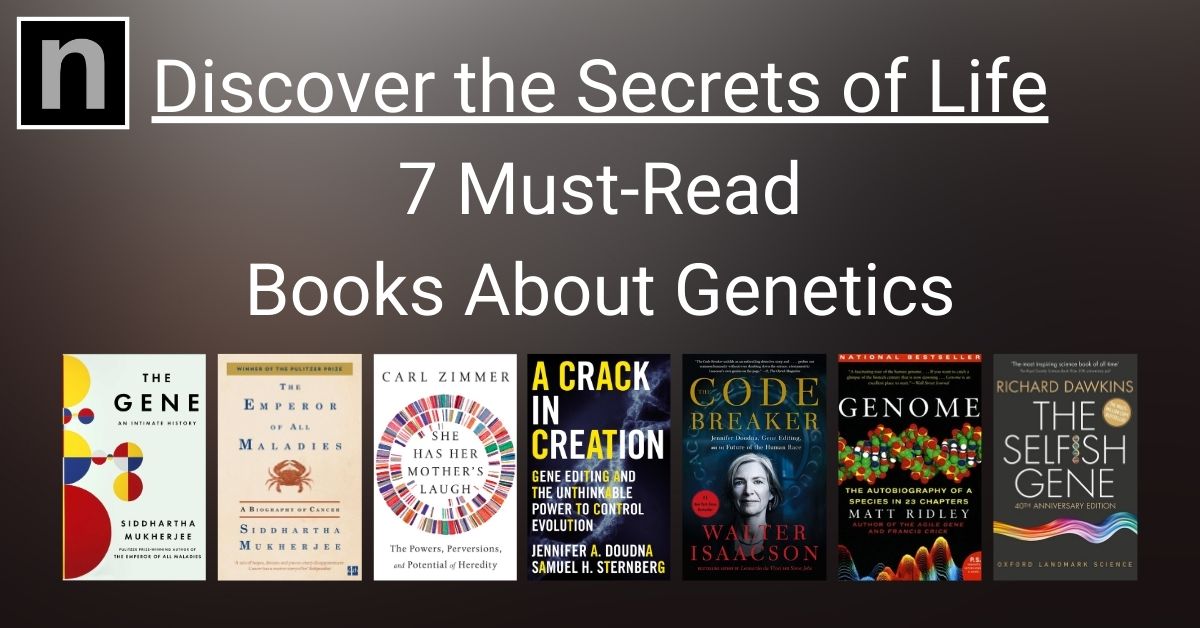Genetics is the study of genes and heredity, and it is one of the most fascinating and rapidly developing fields of science. Genes are the units of inheritance that are passed down from parents to offspring, and they determine many of our physical characteristics, traits, and even behaviors.
Understanding genetics can help us to understand ourselves better, and it can also help us to prevent and treat diseases. For example, genetic testing can be used to identify people who are at risk for certain diseases, and it can also be used to develop new treatments for those diseases.
In this blog post, I will introduce you to seven of the best nonfiction science books about genetics. These books cover a wide range of topics, from the history of genetics to the latest advances in gene editing. They are all well-written and informative, and they are sure to appeal to a wide range of readers.
I hope you enjoy this list of books, and I encourage you to learn more about genetics!
This page contains affiliate links. If you make a purchase using links on this page, we may earn a commission.
1. The Gene, by Siddhartha Mukherjee
An Intimate History
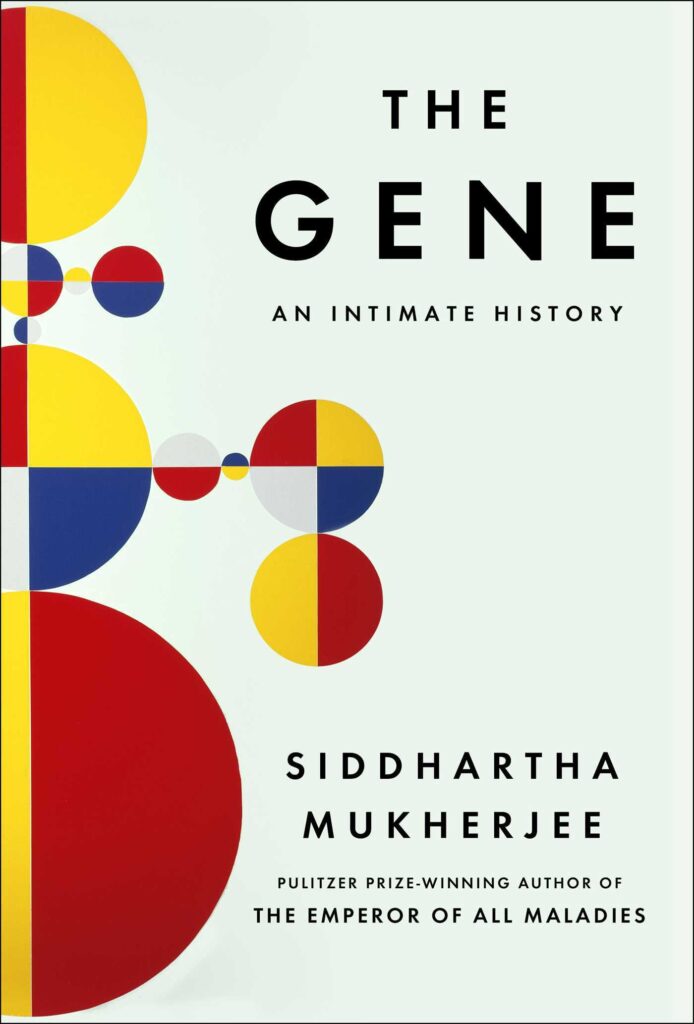
Published in 2016 by Scribner
The Gene by Siddhartha Mukherjee tells the story of the gene, from its discovery in the 19th century to its central role in modern medicine. Mukherjee explores the complex relationship between genes and environment, and how our understanding of genetics has transformed our lives.
2. The Emperor of All Maladies, by Siddhartha Mukherjee
A Biography of Cancer
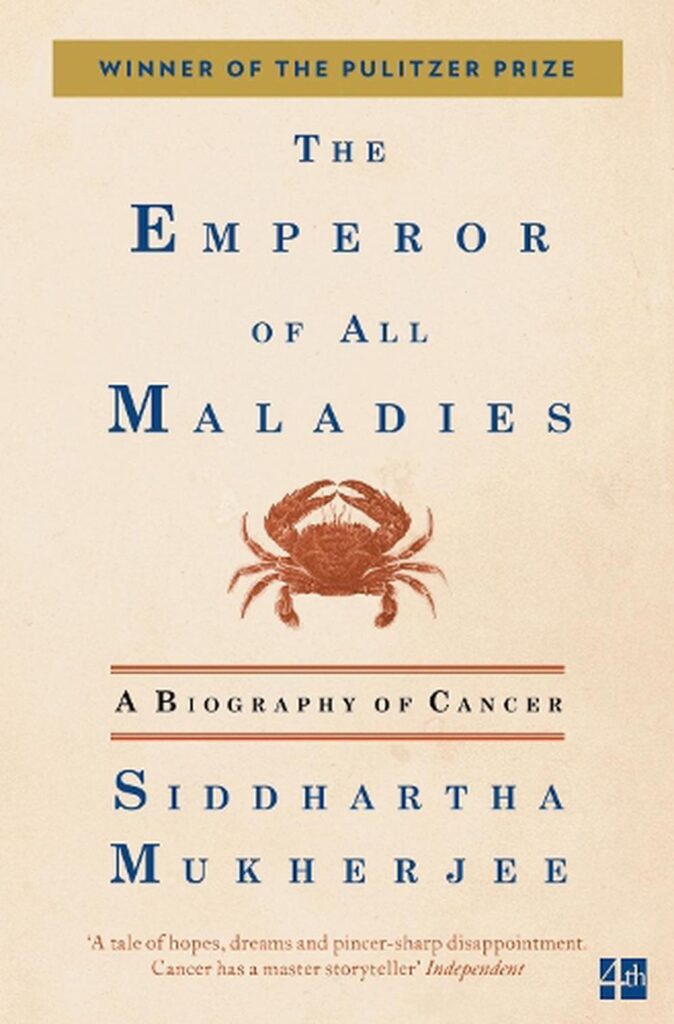
Published in 2010 by Scribner
The Emperor of All Maladies by Siddhartha Mukherjee tells the story of cancer, from its earliest descriptions in ancient Egypt to the latest advances in research and treatment. Mukherjee explores the science of cancer, as well as its personal and cultural impact.
3. She Has Her Mother’s Laugh, by Carl Zimmer
The Powers, Perversions, and Potential of Heredity
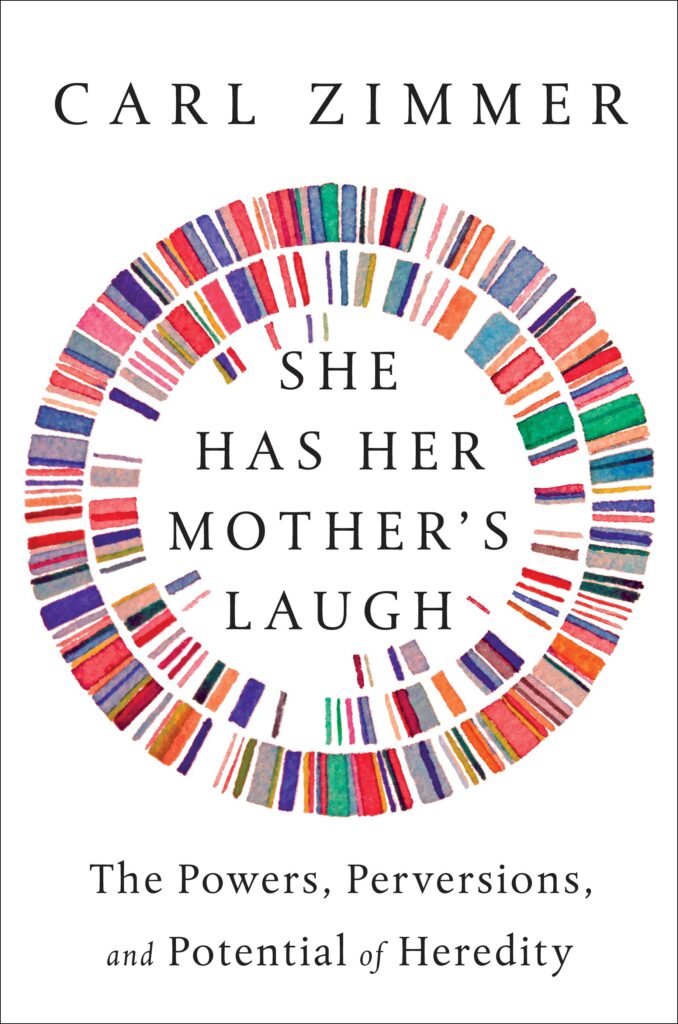
Published in 2018 by Dutton, a Penguin imprint
She Has Her Mother’s Laugh by Carl Zimmer explores the complex and often surprising relationship between genes and inheritance. Zimmer examines how genes influence our appearance, behavior, and health, and how our environment can also play a role.
4. A Crack in Creation by Jennifer A. Doudna and Samuel H. Sternberg
Gene Editing and the Unthinkable Power to Control Evolution
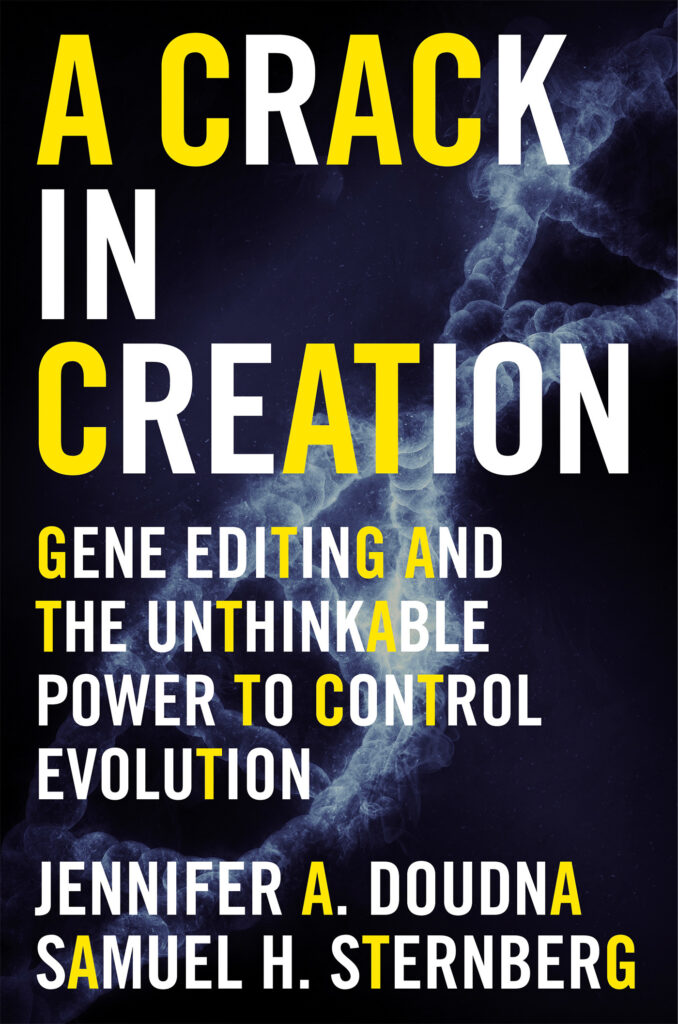
A Crack in Creation by Jennifer A. Doudna and Samuel H. Sternberg tells the story of CRISPR-Cas9, a revolutionary gene editing technology that has the potential to transform medicine and agriculture. Doudna and Sternberg, two of the scientists who discovered CRISPR-Cas9, discuss the ethical and social implications of this technology, and how it could be used to change the course of human evolution.
5. The Code Breaker, by Walter Isaacson
Jennifer Doudna, Gene Editing, and the Future of the Human Race

Published in 2021 by Simon & Schuster
The Code Breaker by Walter Isaacson is a biography of Jennifer Doudna, one of the scientists who discovered CRISPR-Cas9. Isaacson tells the story of Doudna’s life and work, and he explores the ethical and social implications of CRISPR-Cas9.
6. Genome, by Matt Ridley
The Autobiography of a Species in 23 Chapters
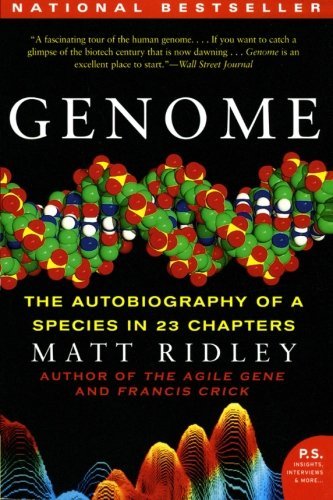
Published in 1999 by Harper Collins
Genome by Matt Ridley is a comprehensive overview of the human genome. Ridley explains how the genome works and how it has shaped our evolution. He also explores the ethical and social implications of genetic research.
7. The Selfish Gene, by Richard Dawkins
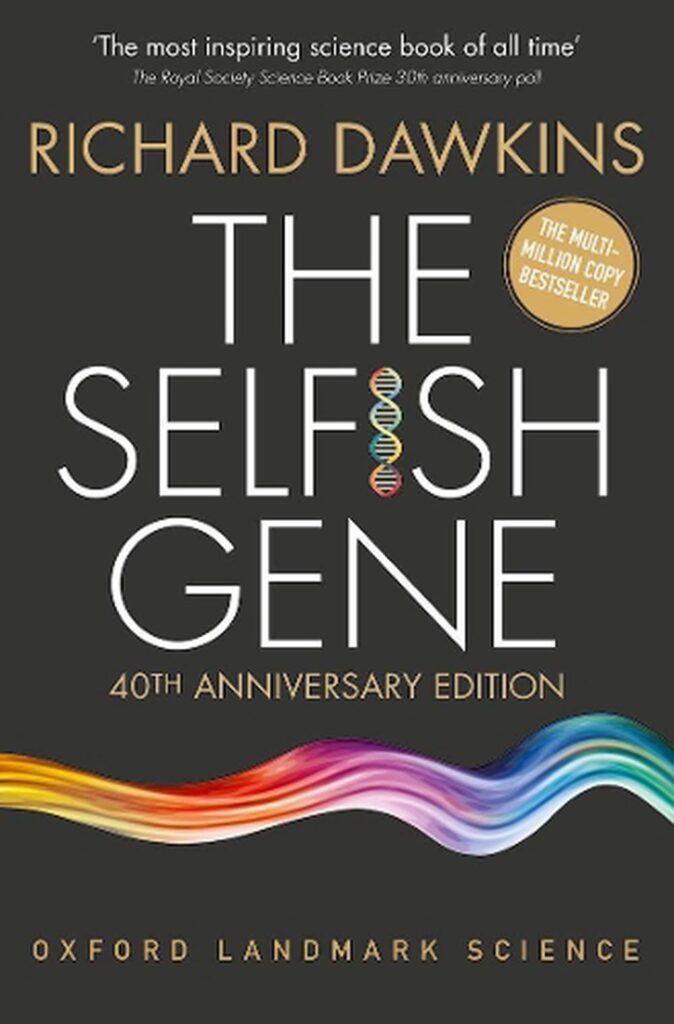
Published in 1976 by Oxford University Press
The Selfish Gene by Richard Dawkins is a classic book in the field of genetics. In the book, Dawkins argues that genes are the fundamental unit of selection in evolution and that organisms are simply vehicles for their genes to survive and reproduce.
I hope this list of the best nonfiction science books about genetics has given you some inspiration for your next read. Genetics is a fascinating and rapidly developing field, and there is so much to learn. If you are interested in learning more, I encourage you to check out one of these books. You won’t be disappointed!
